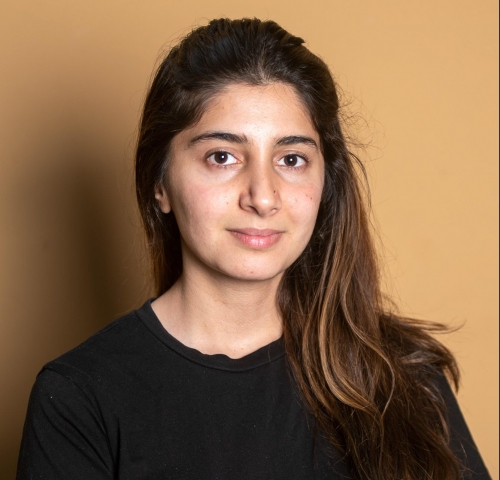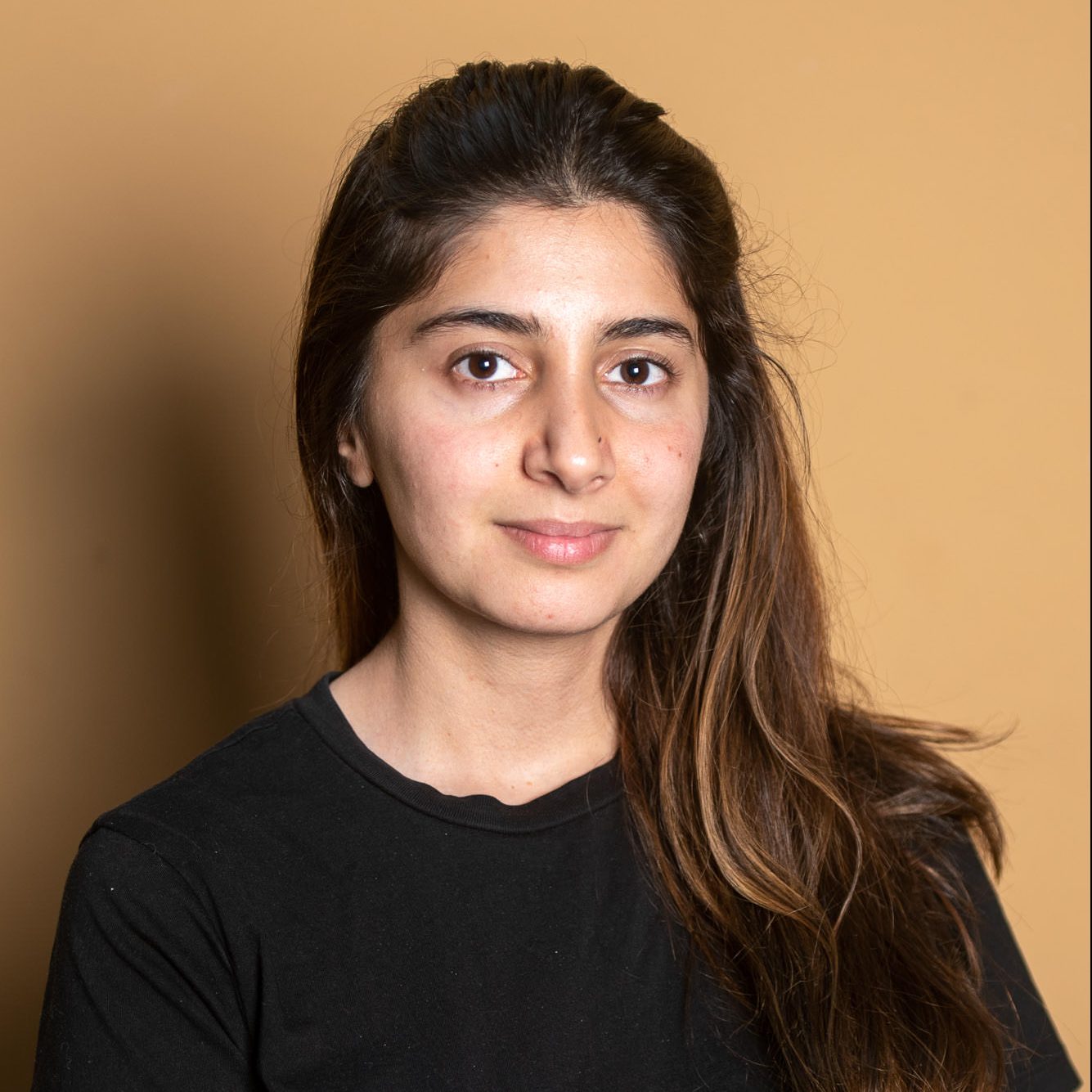
Urwah Nawaz
University of Adelaide and UNSW
I’m a PhD candidate at University of Adelaide and UNSW with a focus on analysing human brain gene expression data to better understand neurodevelopmental disorders. I completed her undergraduate degree majoring in Biomedical Sciences with the initial aim of doing a postgrad medical degree after my graduation. After doing a series of placements during my undergrad, I realised my passion was in research, and I particularly enjoyed building an intersection of computer science and biology. In 2017, I left the bench for bioinformatics and decided to pursue a PhD to further enhance my skills.
Can you give me a quick overview of the type of mathematics you are studying and its potential applications or outcomes?
Neurodevelopmental disorders (NDDs) are a group of disorders caused by disruption of normal brain development and affect about 10% to 15% of the population. While the onset of these disorders is during early stages of brain development, NDDs can have lifelong effects and are major source of economic and clinical care burden on the health care system.
Functional work has shown the genes associated with NDDs have a role in conserved pathways during brain development and suggest that the diverse genes implicated in these disorders may converge on specific pathways during brain development.
My PhD project explores the use of network-based techniques and their applications to brain transcriptomic data to study convergence of genes associated across different NDDs and understand the gene expression properties of these disorders.
How did you get into the mathematical sciences/bioinformatics?
In my 2nd year of undergrad, I got exposed to bioinformatics through an assignment. I had no coding experience at that point, but the assignment felt like solving a puzzle, which I absolutely loved. Following that, I ended up pursuing a purely bioinformatics-based honours project where my then honours supervisor helped me find my feet in the field.
What advice would you give to your younger self or others wanting to studying the mathematical sciences?
I would give myself two pieces of advice:
- Maths is not as intimating as you think. Once you start learning the applications of it, it’s a lot of fun!
- Apply the knowledge you are learning! Start a project, build a website, or do research in an area you like! It’s simply not enough to put it down in your notebook.
What was your motivation for attending AMSI BioInfoSummer?
Bioinformatics is a broad area, and as someone who has not been exposed to many different techniques yet, the diversity of the lectures and workshops covered in the conference are what drew me to AMSI BioInfoSummer. The opportunity to network also played an important role in my decision to attend the event.
You received an AMSI BioInfoSummer travel grant to attend AMSI BioInfoSummer. How important was this in terms of your ability to attend and fully participate in the sessions throughout the week?
Receiving the AMSI BioInfoSummer travel grant was crucial for my attendance. The grant covered my flights and accommodation which meant that I did not have to worry about the costs, and this allowed me to fully enjoy the learning experience.
What was your main take away from AMSI BioInfoSummer?
The workshops were great and helped me broaden my scope beyond the analyses I am doing for my PhD. My main takeaway from the conference was to reach out to researchers whose work inspires you, or you see a potential to collaborate.
Where do you want the mathematical sciences to take you? Where do you see yourself in five- or ten-years’ time?
I’m in my last year of my PhD and currently at a crossroad with whether I want to stay in academia or shift towards industry. However, what’s for certain is that I would love to develop more on my maths and programming skills and shift more towards data science. BioInfoSummer’s career panels were particularly great in highlighting all the opportunities available where a bioinformatician could apply their skills.

